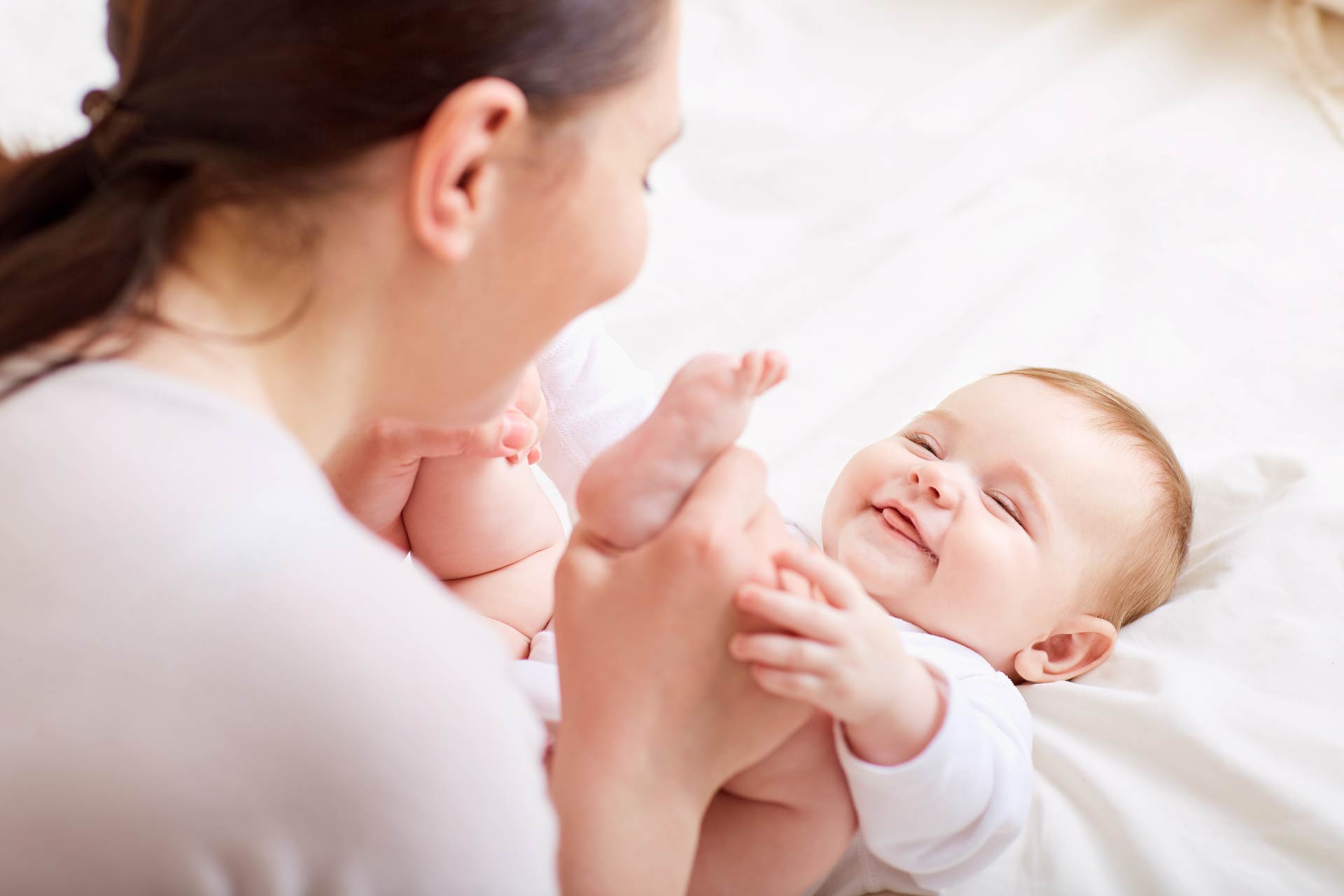• Reduced growth
• Impaired maternal behavior
What is already known on this topic
The gut microbiota is known to regulate growth and development after birth. Although many studies looked at the direct interaction between the microbiota and the infant, little is known about whether and how gut microbes can influence postnatal growth and development by regulating maternal factors.What this research adds
Researchers have identified an intestinal strain of Escherichia coli that inhibited the growth of newborn mice. The strain, called E. coli O16:H48, hindered the maturation of maternal behavior in female mice, which in turn resulted in malnourishment of the pups, leading to reduced development.Conclusion
The findings suggest that the gut microbiota should be considered as an additional variable when studying the regulation of maternal behavior.
The gut microbiota can impact an individual’s growth, resistance to disease, and response to infection. Now, researchers have found that intestinal microbes can regulate the development of baby mice by altering their mothers’ behavior.
The findings, published in Science Advances, suggest that the gut microbiota should be considered as an additional variable when studying the regulation of maternal behavior, the authors say.
Many studies have looked at the direct interaction between the microbiota and the infant. But little is known about whether and how gut microbes can influence postnatal growth and development by regulating maternal factors.
Janelle Ayres at the Salk Institute for Biological Studies and her colleagues examined how different strains of Escherichia coli, which is one of the first colonizers of the infant gut, affect growth in mice.
Reduced growth
Pups colonized only with either E. coli O6:H1, E. coli O21:H21, or E. coli O157:H7 weighted more than germ-free mice, whereas baby mice colonized only with E. coli O16:H48 strain had a reduced weight compared to germ-free rodents. E. coli O16:H48 is a derivative of a human strain that was isolated from the stool of a person with diphtheria in the 1920s, and has been widely used in laboratories as a standard, nonpathogenic E. coli strain, the authors say.
Mice born to females colonized with E. coli O16:H48 also showed reduced growth. But giving E. coli O16:H48 pups to germ-free female mice for rearing was sufficient to prevent the growth stunting, the researchers found.
“Growth stunting is caused by a lack of nutrients,” they say. “This can be due to changes in the quality or quantity of milk provided by [mothers] to their pups.” Further experiments suggested that growth stunting was associated with a reduced quantity of milk provided by the mothers to their pups.
Impaired maternal behavior
Mothers colonized with E. coli O16:H48 had functional nipples and produced volumes of milk comparable to mice colonized with other E. coli strains. However, E. coli O16:H48 mothers spent more time digging, climbing, eating and drinking rather than nest building, nursing or licking and grooming their pups — a sign that their maternal behavior was compromised.
This impaired maternal behavior resulted in malnourishment of the pups and reduced signaling of a specific growth hormone, leading to the sluggish growth of the offspring.
“Our study adds an additional layer of complexity to our understanding of maternal behavior and demonstrates that the maternal microbiota will affect maternal behavior, and this likely regulates offspring development and growth,” the authors say.









